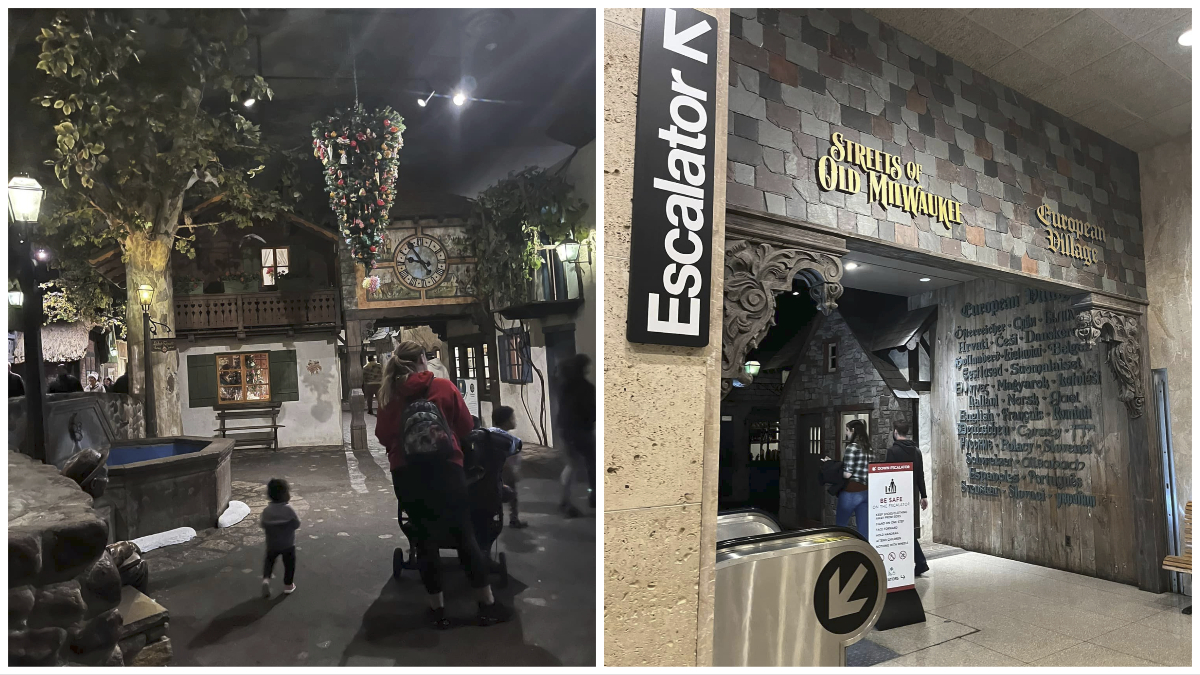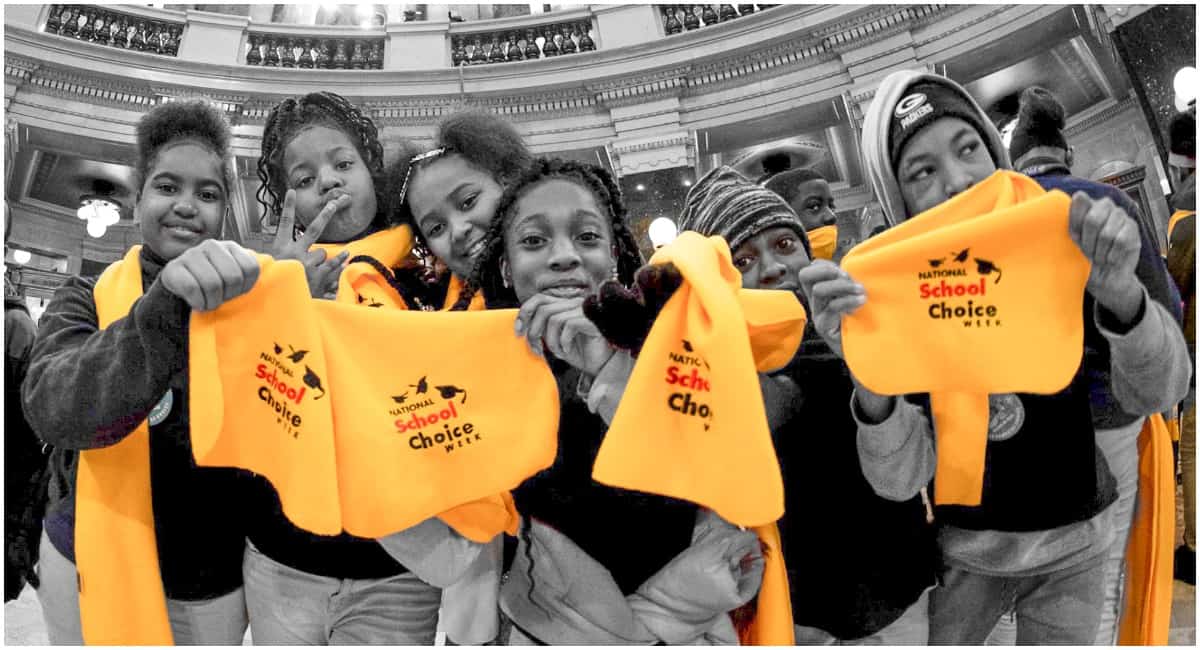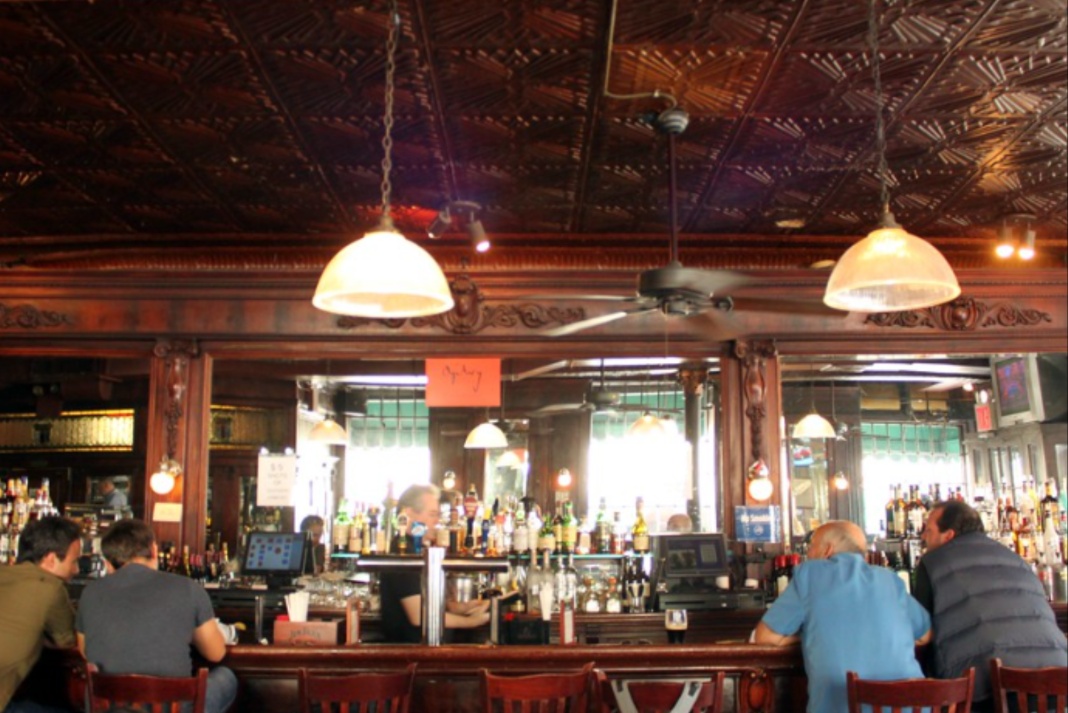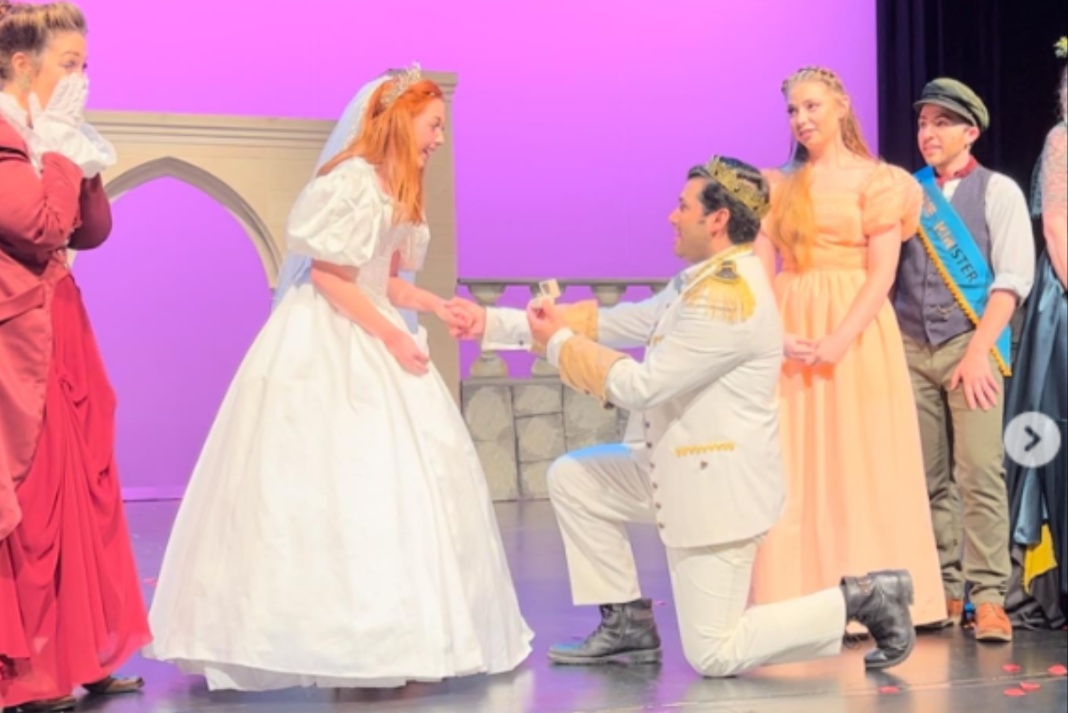Read our stories exploring the new Milwaukee Public Museum here.
The Milwaukee Public Museum has admitted: It is getting rid of the beloved European village exhibit as part of its new $240 million museum.
The revelation came via a Facebook comment the museum made to a concerned person on April 13, 2023. A woman asked the museum, “I love these ideas, but I’m also wondering whether you’ll be representing a larger variety of the immigrants that settled Milwaukee (like the European Village does in the current museum). Will there be something similar to that, where various immigrant cultures can display their Christmas traditions? That’s my favorite part of the current museum.”
The museum responded, “European history and heritage will be explored throughout the museum, but not exclusively in one village-style exhibit. We should note, however: While some of these storylines are established, the exhibit design process is long, and many exhibit plans are still in progress.”
The museum is still $112 million short of the $240 million price tag for the new museum, with groundbreaking expected in December. The museum has received millions of dollars in taxpayer money. Yet officials are plowing ahead. The Milwaukee media have largely functioned as boosters for the new museum project, failing to ask tough questions or scrutinize the finances.
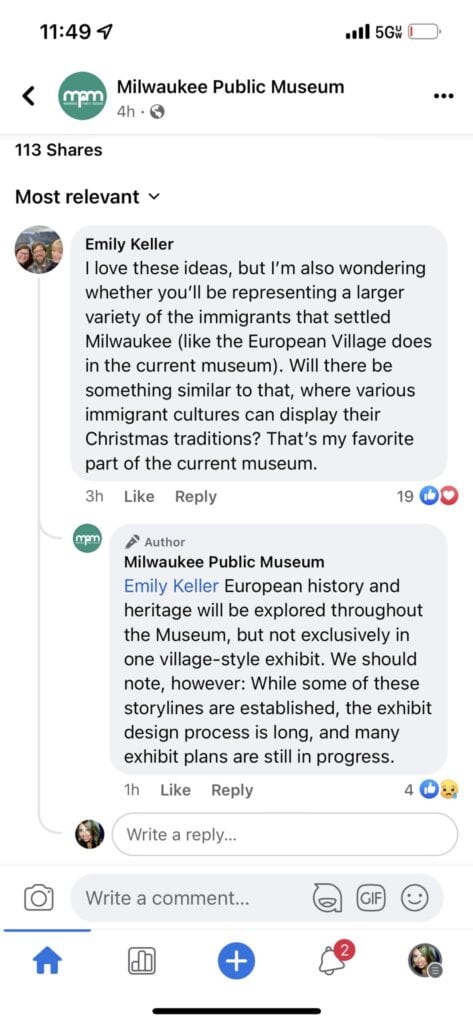
Two petition drives started by concerned citizens are seeking to save the Streets of Old Milwaukee and its related exhibit at the Milwaukee Public Museum, the European Village.
We previously reported that Milwaukee County Public Museum officials tacked on an additional $80-90 million to renovation cost estimates for updating exhibits in the current facility after saying that racial and equity concerns were not being met, according to internal documents and videos obtained by Wisconsin Right Now.
The museum’s officials have repeatedly told the public that it would cost $240 million to build a new museum and $250 million to renovate the current building instead. Yet the new museum will be much smaller.
The European Village is a nostalgic exhibit for many, especially at Christmas time. Some people confuse it with the Streets of Old Milwaukee; Streets is the portion of the exhibit with businesses and the candy shop. The European Village is next to it; it’s the exhibit where you can peer into the homes of immigrants from various ethnic traditions, from Polish to Irish.
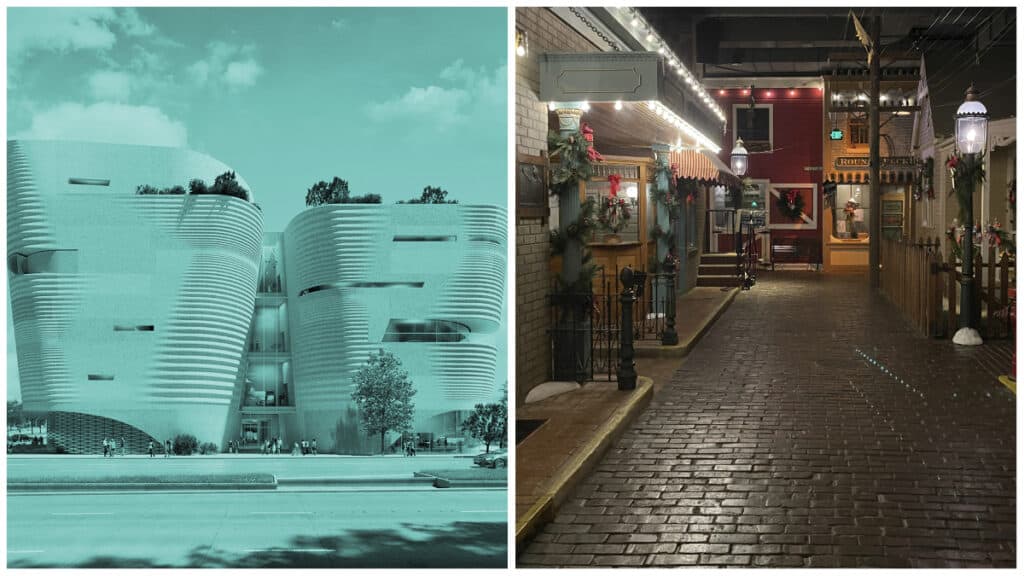
Alexandra Hahnfeld and her sisters created the petition to save the European Village; their grandfather Dr. Lazar Brkich was a Serbian immigrant to Chicago and then Milwaukee, who became the lead curator and director of the European Village exhibit in 1973.
They said his work included meeting with cultural groups and traveling to Europe to find artifacts to include in the houses. He also included artifacts from their family and his personal trips.
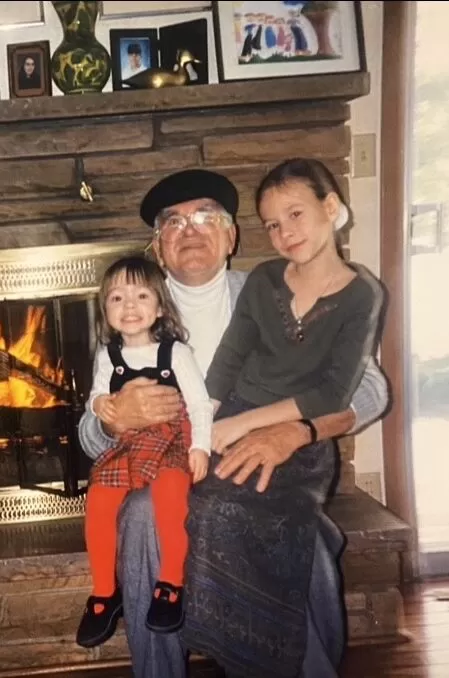
We asked Alexandra Hahnfeld about the museum’s latest comments. “It’s a cop out answer and the public isn’t stupid. I know a PR comment when I see one,” she said.
“There’s no reason an exhibit that received an award of excellence shouldn’t be included in the new museum. The village means a lot to the European community in Milwaukee, not just myself and my family,” she said.
“The museum is not reaching out to my family and me after our pleadings to save our grandfather’s work. They have no empathy, and that should speak volumes to people. I wish someone from MPM could imagine being in my and my family’s shoes and understand the pain we are enduring from all of this.”
She added, “There are items donated from my family in the Serbian house, including a cloth my grandmother embroidered in her teens when she was in a displaced persons’ camp. There are items in there that are of no real monetary value to them but mean everything to my family.”
The museum has not explained what it will do with the historic exhibits when it moves or the many historic murals and other pieces of artwork. They’ve said before that much of them can’t be moved, though.
For months, the museum has used vague and used obfuscating semantics when asked about both exhibits. The new comments came on posts in which the museum rolled out drawings for its replacement for the Streets of Old Milwaukee. It’s called “Milwaukee Revealed,” and it will contain some aspects of the old exhibit (like the granny on a rocking chair and the candy store,) but also will be different. A New York firm is designing it.
The Milwaukee Revealed exhibit will have a neighborhood portion but does not appear to follow the same tradition as the European Village, although there is at least one house. Rather, the exhibit seems to also focus on the natural landscape, like earthworms and the lake.
“Considered the spiritual successor to the Streets of Old Milwaukee exhibit currently part of MPM, the Milwaukee Revealed gallery will evoke a similar feeling of nostalgia and whimsy, while also offering new, surprising and often overlooked perspectives about the city for visitors to discover,” the museum wrote.
People had mixed views. “Streets of Old Milwaukee is my favorite, this looks promising but small. Not sure how I feel about all the screens and technology aspects,” wrote one woman. Another woman wrote, “It looks great, but it’s a fraction of what we have now in the Streets. And I mean a fraction. It seems so small.”
The museum responded, “You can walk into so many of the buildings in Milwaukee Revealed, the size of the exhibit space visitors will experience is roughly the same as Streets of Old Milwaukee.”
Wrote another, “People hate change, I hate change, but this looks so nice. Looking forward to the future of the new museum.”
Other readers also inquired about the absence of the European Village on the comment thread. One woman wrote, “What about the European village? We love going there at Christmas and seeing all the different cultures’ decorations. That and how beautifully you did the streets of old Milwaukee at Christmas.”
Our Milwaukee Public Museum series was made possible with a project-specific grant from Kevin Nicholson’s No Better Friend non-profit.


